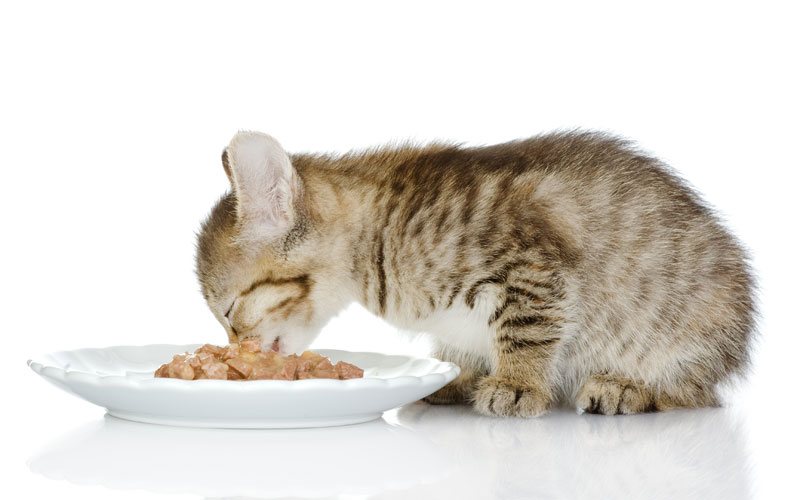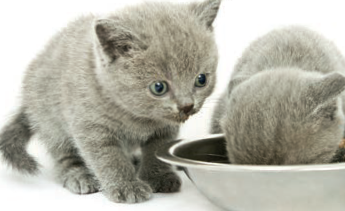Brought to you by Dr Kim Kendall from the Chatswood Cat Palace
How can you decide what’s the best food for your cat? There are so many marketing strategies and conspiracy theories flying around that it’s hard to get a straight answer. Well here are some simple principles and things to look out for in your cat’s feeding regime.
What to look for on the label:
- A specific protein source (eg chicken) as the first item in the “ingredients” list.
- The smaller the ingredients list, with the most items you can pronounce, the better!
- The “guaranteed analysis” or “composition” on kitten food should ideally have more than a trace of “DHA”.
- On all cat food, either in the analysis or in the ingredients list, there should be added vitamins and minerals.
- High-quality kitten dry food should be between 30 per cent to 40 per cent protein and 20 per cent fat.
- Adult dry food ideally should be between similar margins to the kitten food for protein.
- Try and find senior dry food with between 20 per cent to 30 per cent protein and 15 per cent to 20 per cent fat as older cats are less efficient at processing their food and need more condensed calories.
- Ideally stick to foods that are sourced and made within Australia.
What to avoid:
- Added salt, sugar, propylene glycol, and artificial colours.
- Grain products solely as the first three ingredients. Generally grain products are fine for your cat in dry food, as long as it doesn’t have an allergy. But when the food is predominantly made of grains, with little traces of meat products, that’s not offering highly digestible nutrients for your cat.
- Chemical preservatives (look for vitamin C or E instead).
- Beef or tuna as the main source of protein. A lot of cats have allergies to beef and tuna products these days. Try to go for more uncommon protein sources such as venison or lamb. Chicken and turkey are fine usually, but some cats do become allergic. Remember to please consult your veterinarian for specific diet advice, particularly if your cat has any medical conditions or problems.
For more cat information and advice, visit catpalace.com.au.



Leave a Reply